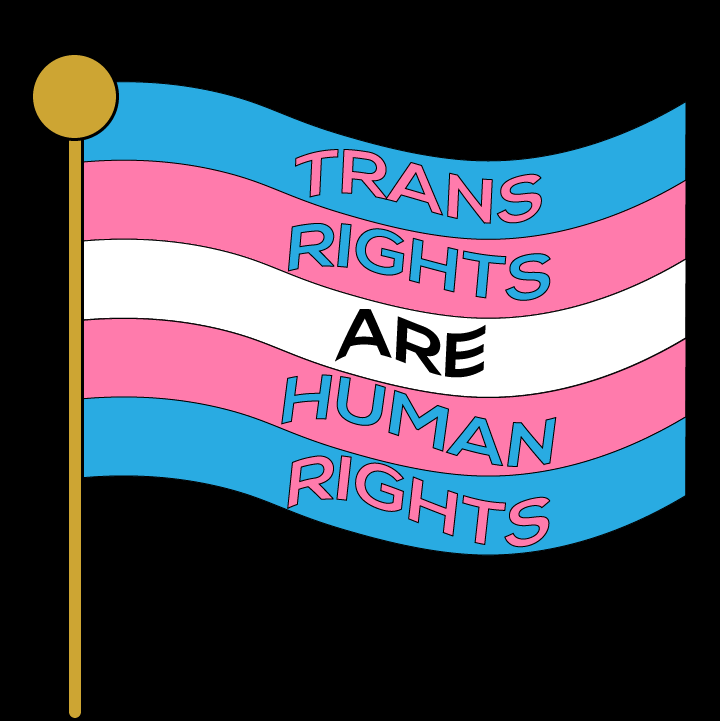On the Eve of Final Four Tournament, NCAA President Mark Emmert Speaks Out Against Anti-Trans Sports Bills In States, Reinforces NCAA Will Hold Championship In Locations “Free of Discrimination.” On the eve of this weekend’s NCAA Final Four tournament, NCAA President Mark A. Emmert spoke out against the slate of discriminatory, anti-transgender bills in state […]







